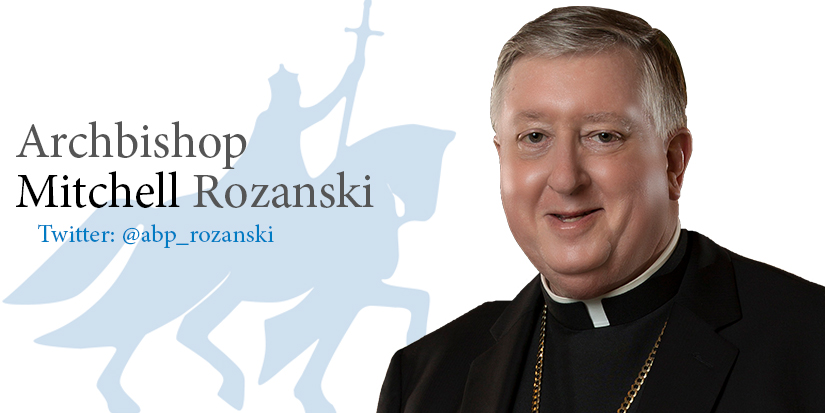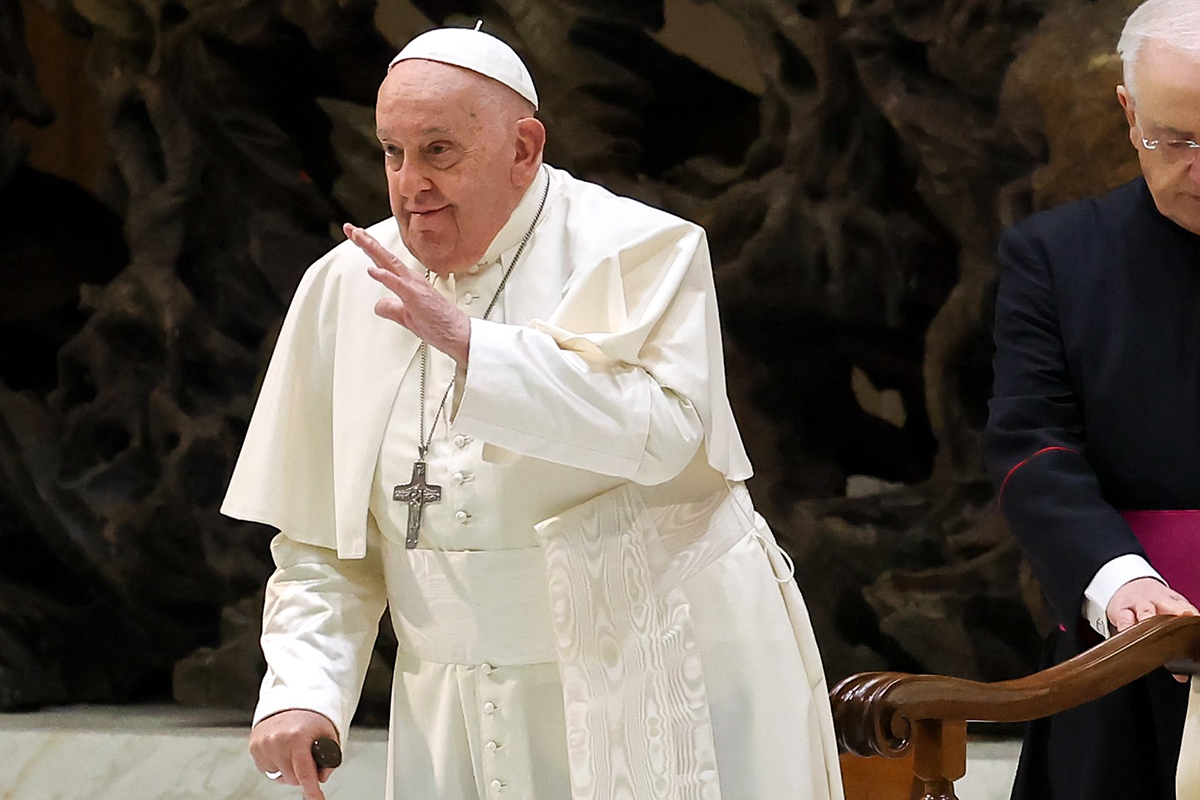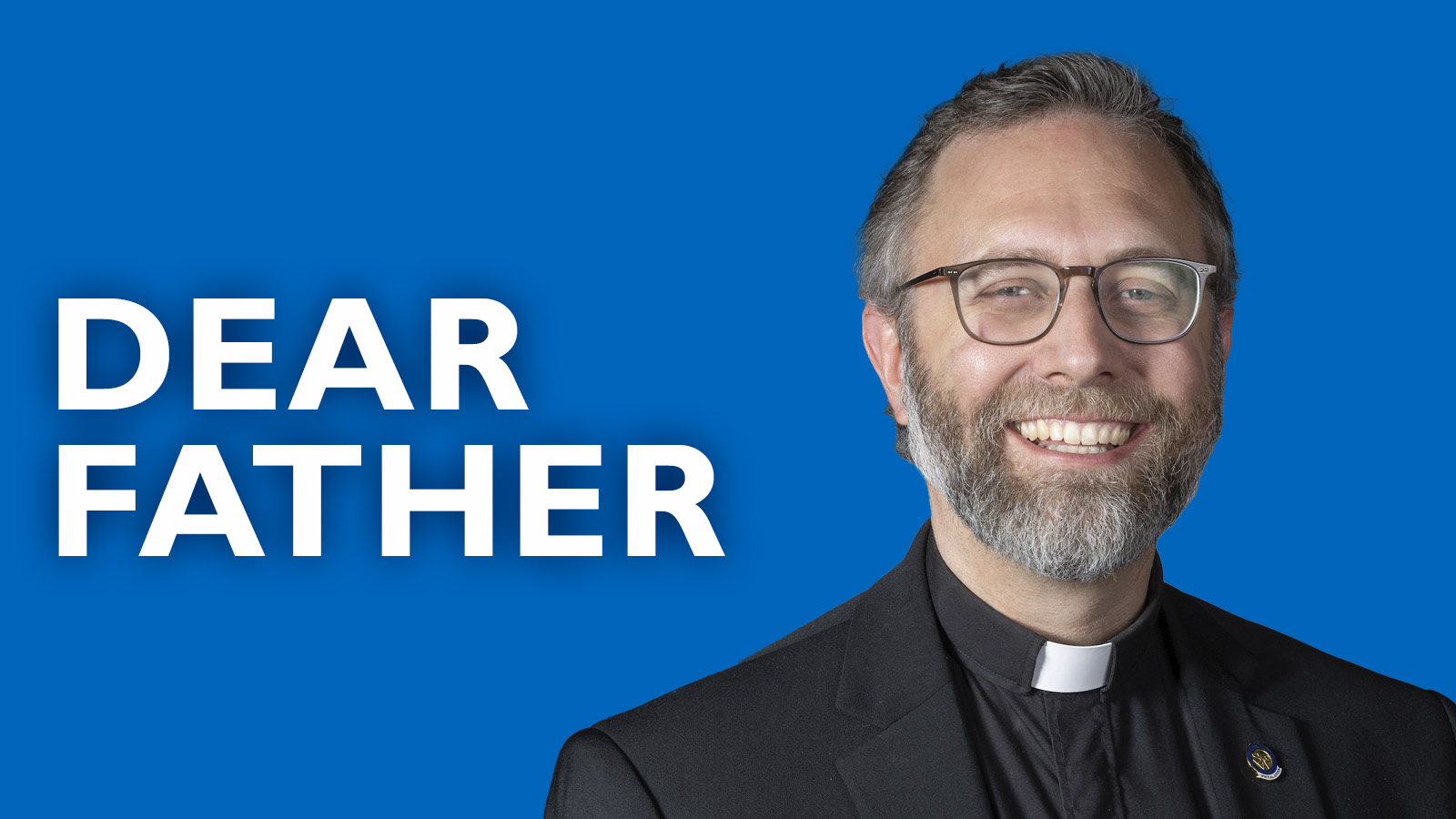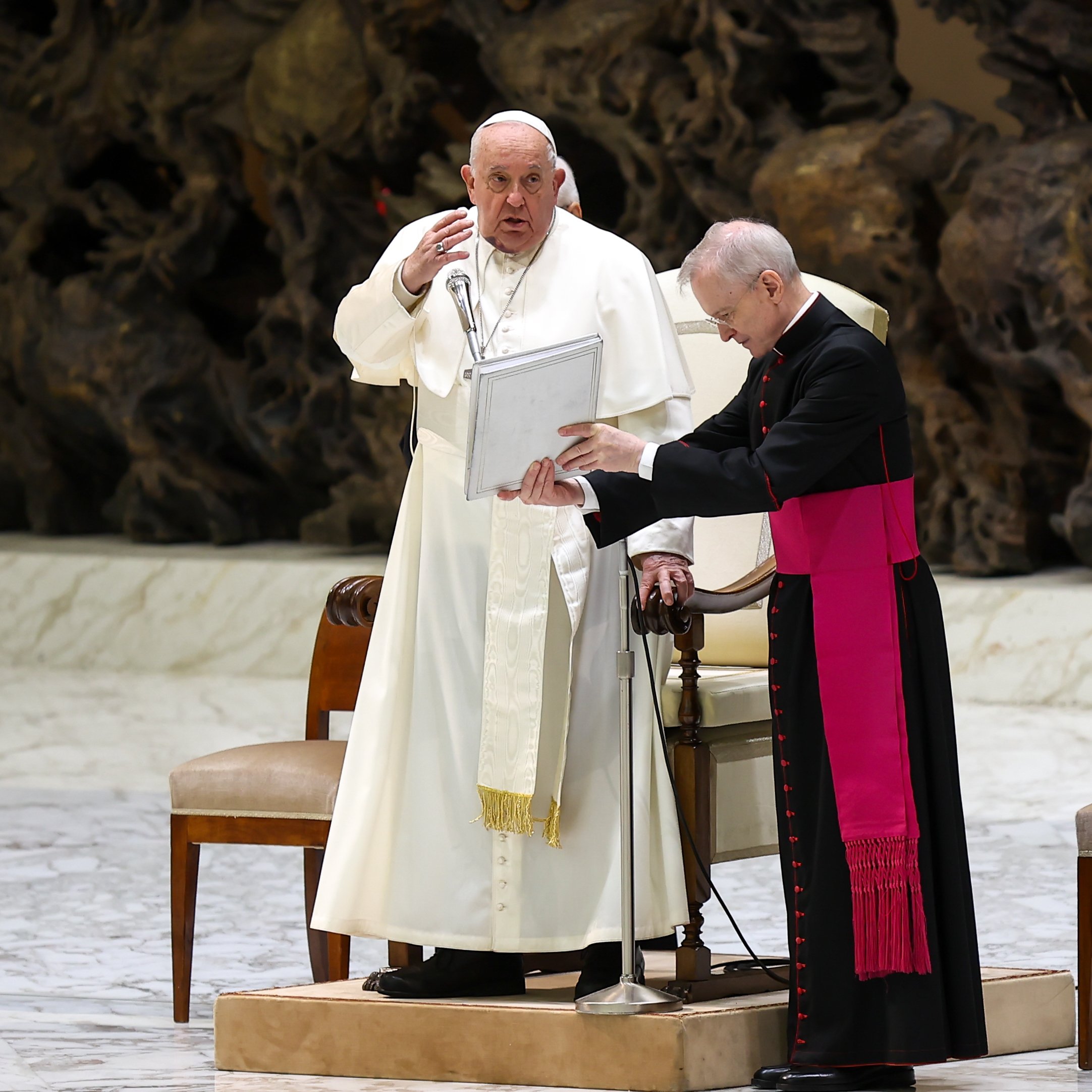SERVE THE LORD WITH GLADNESS | A commitment to refuse to compromise on fundamental matters of faith
Denying the full human dignity of people has far-reaching consequences

Dear brothers and sisters in Christ,
We celebrate a little known figure this week: Pope St. Martin I (April 13). He settled an important debate in the Church and, if we pay attention, it can teach us a timely lesson.
There were some, at the time, who claimed that Christ had only one will: His human will was either obliterated, or absorbed into the divine will in such a way that it ceased to exist as a distinct reality.
In the year 649, Pope Martin convened a council to clarify that if Christ was both fully human and fully divine (which had already been settled), then He had to have both a human and a divine will. Of course, the human will would always submit perfectly to the divine will. But we see, in the agony in the garden, that the submission wasn’t always easy. And if Christ was to redeem us, then He had to be like us in all things but sin — including those moments when it wasn’t easy. The teaching of this smaller council in 649 was confirmed in 681 by the 6th Ecumenical Council, known as Constantinople III (see Catechism of the Catholic Church 475).
Think, for a moment, of the consequences of this debate! When it comes to our understanding of the Bible, it’s the difference between the Holy Spirit inspiring Matthew, Mark, Luke and John to bring their distinctive gifts to the writing of the Gospels, as opposed to the Holy Spirit using them the way a puppet master does. When it comes to our understanding of vocation or discernment, it’s the difference between us cooperating with God in our distinct calling, as opposed to God eliminating our free will and turning us into robots. When it comes to our understanding of salvation, it’s the difference between our individual identity being obliterated, just like the human will in Christ, as opposed to our distinctive identity being preserved and brought into an eternal union with God.
Pope Martin stood firm against the “one will” error. He was exiled for it, and died in exile. But thanks be to God that he stood firm. The truth of Christ’s two wills had far reaching consequences.
There’s a way in which we can see that same lesson, in our own day, in the concept of human dignity. Missourians know — and to our shame — what happened when the human dignity of Dred and Harriett Scott was denied. We know the importance of upholding the human dignity of the unborn, and what happens when that’s denied. We, in the archdiocese, are working as hard as anyone to show the connection between upholding human dignity and breaking down racism. Getting that one concept right or wrong has far reaching consequences.
Doctrines — ideas — have practical consequences. They’re not incidental “add-ons” that we can set aside without risk. When it comes to fundamental matters of faith and morals, to make a three-fifths compromise with the truth is to be entirely wrong — wrong in a way that undermines all of society, wrong in a way that must eventually be set right. Pope St. Martin teaches us that lesson. History teaches us that lesson. This week, let’s reflect on that lesson, and commit to not compromising on fundamental matters of the faith.






